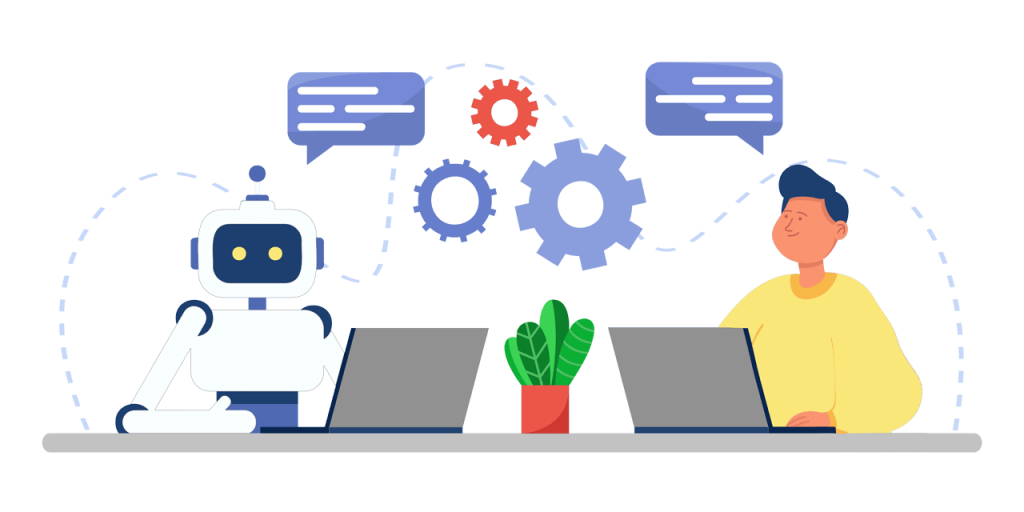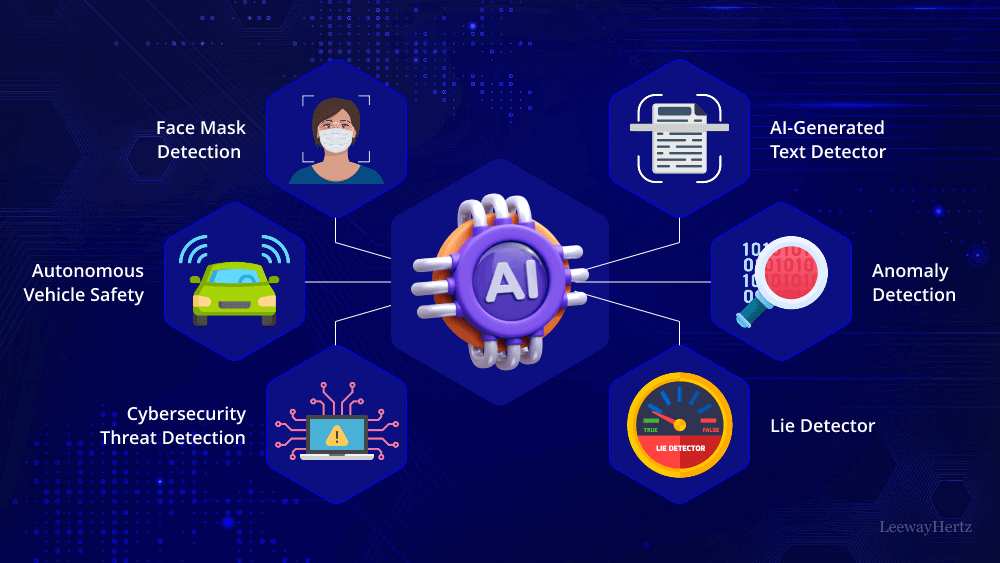Exploring the Tools You Need to Automate Customer Service Seamlessly
In an era where customer expectations are at an all-time high, businesses must innovate to meet the demand for faster, more efficient service. The integration of automation in customer service is not just a trend; it’s a necessity. This blog explores the essential tools and technologies that enable organizations to automate customer service seamlessly, enhancing customer satisfaction and operational efficiency.
The Case for Automating Customer Service:
Understanding the Shift Toward Automation
As digital transformation reshapes the business landscape, the need for automated customer service solutions has never been more critical. Today’s consumers expect quick responses and 24/7 support, which traditional customer service methods struggle to provide. According to a report from Zendesk, 75% of customers say they would prefer to engage with a company that offers automated support options.
By opting to automate customer service, organizations can not only meet these expectations but also free up human agents to focus on more complex issues. Automation tools allow businesses to handle a higher volume of inquiries, streamline operations, and enhance overall customer experience.
Essential Tools for Automating Customer Service:
AI-Powered Chatbots
Enhancing Customer Interactions with Automation
AI-powered chatbots are among the most effective tools for automating customer service. These intelligent systems can handle a wide range of customer inquiries, providing instant responses and support. They are designed to understand natural language, allowing them to engage with customers in a conversational manner.
Chatbots can be integrated into websites, mobile apps, and social media platforms, offering a versatile solution for customer engagement. By deploying chatbots, businesses can ensure that customers receive timely assistance, reducing response times and improving satisfaction levels.
24/7 Virtual Assistants
Providing Around-the-Clock Support
A 24/7 virtual assistant is another crucial component in the automation of customer service. These assistants can operate continuously, ensuring that customer inquiries are addressed at any time of day or night. This is particularly beneficial for companies with a global customer base, as it allows them to cater to customers in different time zones.
Virtual assistants can manage inquiries related to order status, product information, and more, all while maintaining a high standard of service. By implementing a virtual assistant, organizations can enhance their service offerings and ensure that customers always have access to support.
Customer Relationship Management (CRM) Systems
Streamlining Customer Interactions
Integrating automation tools with Customer Relationship Management (CRM) systems is essential for optimizing customer service. CRM systems store valuable customer data, enabling businesses to provide personalized service. By integrating AI-powered chatbot with CRM solutions, organizations can ensure that customer interactions are informed and context-rich.
This integration allows chatbots to access customer histories, preferences, and previous interactions, ensuring that responses are tailored and relevant. For example, when a customer inquires about their order, the chatbot can pull up their order details from the CRM, providing an immediate and accurate response.
Knowledge Base Software
Empowering Self-Service Options
Developing a comprehensive knowledge base is crucial for supporting automated customer service. A knowledge base provides customers with self-service options, allowing them to find answers to their questions without needing to speak to an agent.
A well-structured knowledge base should include FAQs, product guides, and troubleshooting information. When integrated with AI-powered chatbots, the knowledge base enables these tools to provide instant responses to common inquiries, significantly reducing the workload on human agents.
Analytics and Reporting Tools
Measuring Success and Improving Services
Analytics and reporting tools are essential for evaluating the effectiveness of automated customer service solutions. By tracking key performance indicators (KPIs) such as response times, customer satisfaction ratings, and inquiry volumes, organizations can assess the success of their automation efforts.
These insights allow businesses to identify areas for improvement and make data-driven decisions about their customer service strategies. For instance, if analytics reveal that a significant number of inquiries are being escalated to human agents, this may indicate a need for additional training or enhancements to the chatbot’s capabilities.
Integration with Other Business Systems
Creating a Seamless Customer Experience
For effective automation, it’s important to ensure that customer service tools integrate smoothly with other business systems. This includes ERP systems, order management platforms, and communication tools. Integrating these systems enables a seamless flow of information, ensuring that customer service agents and chatbots have access to real-time data.
By automating workflows between different systems, organizations can create a more cohesive and efficient customer service experience. For example, when a customer places an order, the information should automatically update across all relevant systems, allowing both the chatbot and human agents to access the most current information.
Partnering with Software Development Services
Custom Solutions for Unique Needs
To successfully automate customer service, businesses may benefit from collaborating with software development services. These partners can help design and implement customized solutions tailored to specific business needs. Whether it’s developing a proprietary chatbot or integrating various customer service tools, experienced software developers can provide the expertise necessary for effective implementation.
Collaborating with these services ensures that automation strategies are aligned with business goals and operational requirements, resulting in a more effective customer service approach.
Conclusion:
Embracing change through the adoption of automation tools is essential for businesses seeking to enhance their customer service operations. By leveraging AI-powered chatbots and 24/7 virtual assistants, organizations can provide quick and effective support, improving customer satisfaction and loyalty. Additionally, investing in software development services for tailored solutions can further streamline the automation process, ensuring that businesses are well-equipped to meet the demands of their customers.
As the landscape of customer service continues to evolve, automating customer service will not just be an option; it will be a necessity for organizations striving for success in a competitive environment. By exploring and implementing the right tools, businesses can create a seamless customer experience that fosters long-term relationships and drives growth.




